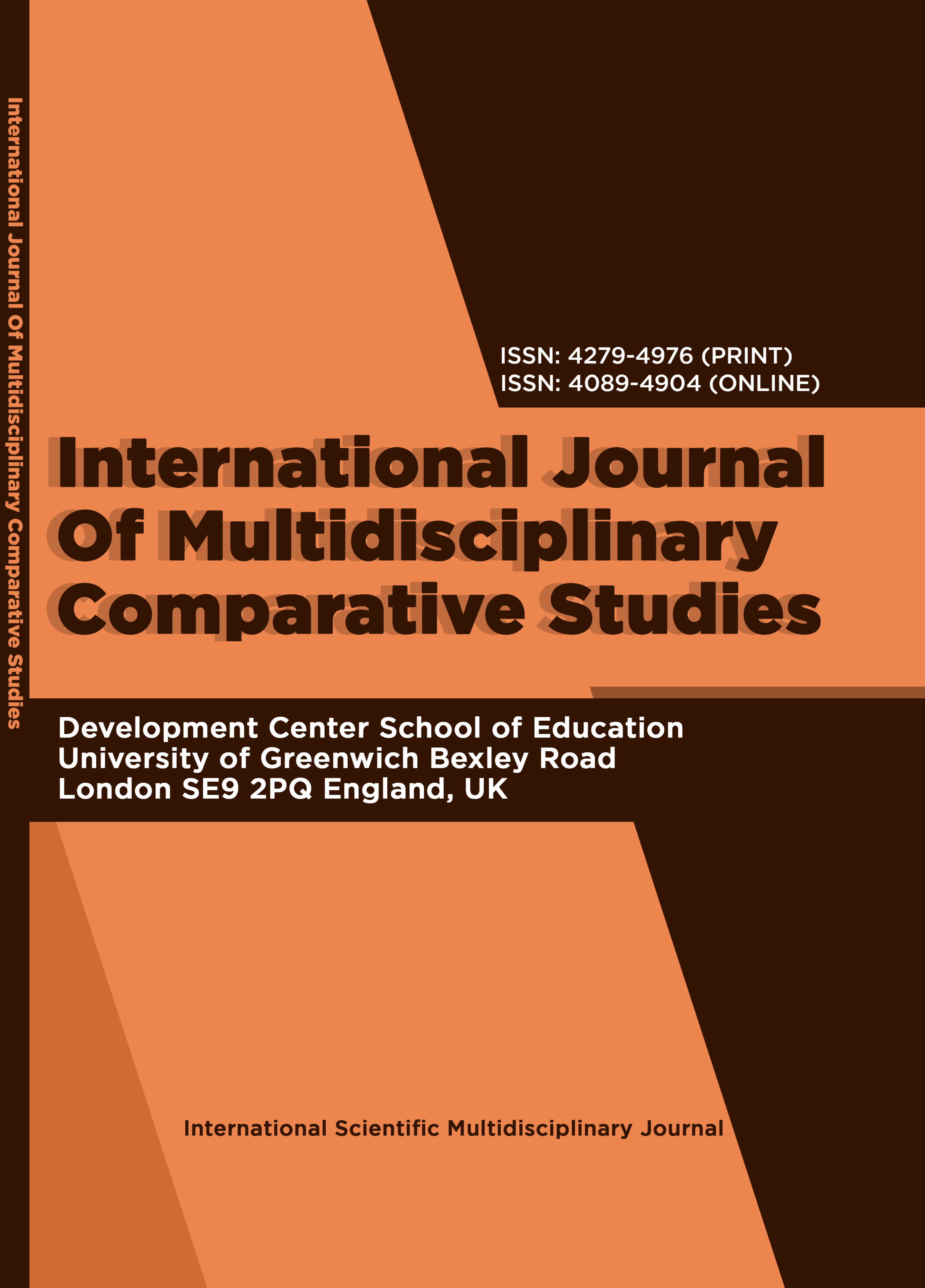INTERNATIONAL JOURNAL OF MULTIDISCIPLINARY COMPARATIVE STUDIES (IJMCS)
Utopian Horizon Value Theory: a Transformative Power at the Heart of Human Futurity
E-ISSN: 4089-4904
P-ISSN: 4279-4976
DOI: https://iigdpublishers.com/article/76
This paper argues that human temporality as articulated by a number of recent thinkers has not yet been generally understood or assimilated. It reviews several philosophers on temporality, ending with Heidegger‟s argument that the future has an ontological priority over the past and present. However, far beyond Heidegger, it also identifies a “utopian horizon” in all normal persons as a feature of that “futurity” that defines for us the values by which we should be living and the efforts we should be making to transform human existence. It reviews several models of human value-development pointing to a value-laden “cosmic consciousness” and describes the “transpersonal” nature of mature values, or “being- values.” It identifies the “transcendental ego” as a fundamental non-personal, non-temporal feature of our consciousness that elicits the values appearing on our utopian horizon. It recognizes, with Hegel, Panikkar, Teilhard de Chardin, and several other thinkers, that this utopian horizon may be the action of the finite-infinity at the heart of both the evolving cosmic totality and the human situation, placing evolution in the hands of human freedom. Finally, it argues that the Constitution for the Federation of Earth is a key to the next step in actualizing the “practical utopia” demanded by our utopian horizon.
Glen T. Martin PhD
Agnivesh, Swami (2015). Applied Spirituality. New York: Harper-Collins.
Aurobindo, Sri. 1973. The Essential Aurobindo. Ed. Robert A. McDermott. New York: Schocken Books.
Beck, Don Edward & Christopher C. Cowan (1996). Spiral Dynamics: Mastering Values, Leadership, and Change. Exploring the New Science of Memetics. Malden, MA: Blackwell Publishing.
Bergson, Henri (1975). An Introduction to Metaphysics: The Creative Mind. Trans. Marbelle L. Andison. Totawa, NJ: Littlefield, Adams, & Co.
Buber, Martin (1972). “The Question of the Single One.” In Joseph J. Kockelmans, ed. Contemporary European Ethics: Selected Readings. Garden City, NY: Doubleday & Company. Carter, Robert E. (1989). “Zen and Ontotheology via Heidegger.” In Religion, Ontotheology, and Deconstruction. Ed. Henry Ruf. New York: Paragon House, Chapter 9.
